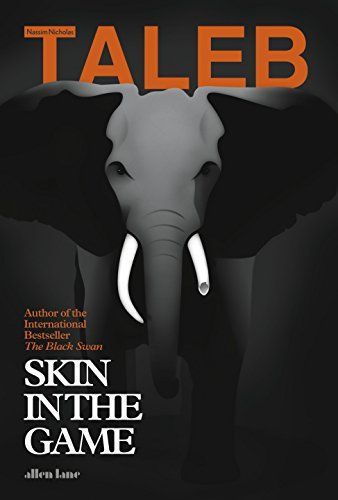
Reviews
Sean Ranklin@ranklin
Bouke van der Bijl@bouk
farah@apharos
Felipe Saldarriaga @felipesaldata
Danté@dantenel
Jayme Bosio@jaymeb
Dana Kraft@dkatx
Irene Alegre@irenealegre
Evgeniy Medvedev@evgeniy
Ivaylo Durmonski@durmonski
Naja Garcia@naja55
Akshar Patel@akshar
Liam Holbrook@lehol
Finn Thormeier@finnthormeier
Valerio Leo@valeriohq
Fabian Reinhard@freinhard
Cristhian Tilleria@cristhian25
Christian Bager Bach Houmann@cbbh
Bailey Jennings@baileyjennings
Niels Andersen@nielsandersen
John Manoogian III@jm3
Richu A Kuttikattu@richuak
André Silva@andrefgsilva23
Ricardo@ricardobarbosa